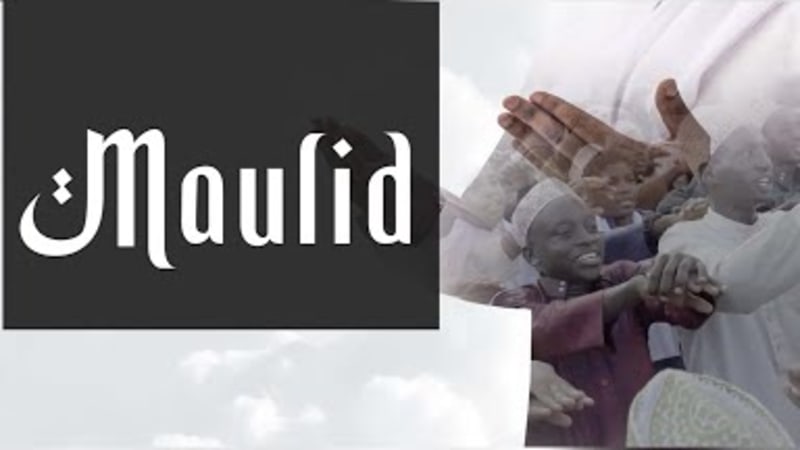
Produced for Studio 63 Productions Limited
Mawlid: Holiday, History and Controversy In Kenya’s Coastal Town Of Mambrui.
Mawlid is an Arabic word that translates to ‘the time and place of a birth.’ However, it usually refers to the birth of Islam’s most beloved prophet: Muhammad. In some countries with large Islamic communities the mawlid refers to a festival that commemorates the birth of prophet Muhammad on the 12th day of the Rabi’ah al-Awwal, third lunar month of the Islamic calendar. Although, his birth is unknown, this day pays homage through large congregations of Muslims dancing, reciting songs in praise of God and gathering for large feasts in mosques. The popularity of mawlid met initial resistance historically. Many theologians mention that prophet Muhammad’s mawlid was a harmful ‘bidah,’ meaning innovation. The initial resistance surrounded the spread of Islamic sects dividing the religion on principles and fundamental beliefs and practices. Eventually, there was acceptance of this popular practice by theologians because they later came to the belief that it illustrated an Islamic principle of ‘ijma,’ referring to consensus at work. This is a key doctrine in Islam. The legal opinion of religious jurists appear to have minimal influence introducing the popularity of mawlid, so many encouraged to accommodate their islamic doctrines to become socially accepted. The symbolism of mawlid is highly inculcated in East African culture especially in Swahili speaking towns like Mambrui. This year marks the 112th anniversary of Mambrui celebrating the birth of prophet Muhammad. This small town enriched in Arabic history unites the community at large with events. Even though the occasion is surrounded by division and controversy, locals do what they can to involve the entire town in observing this day.
- Video Journalist
- Documentary DP
- Drone Operator
- Production Company



